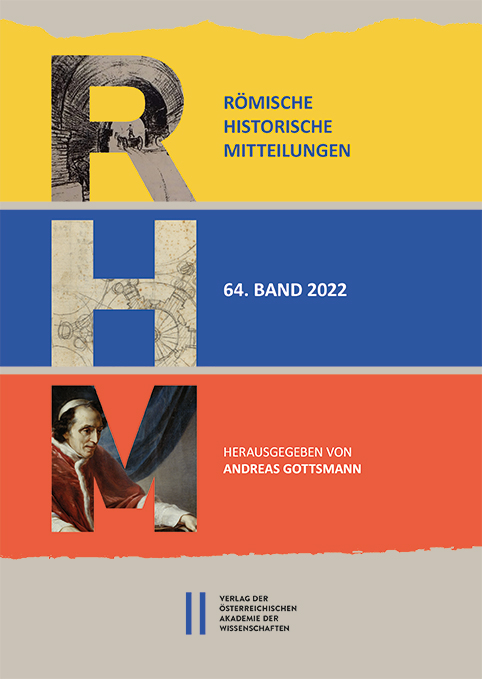
Römische Historische Mitteilungen 64/2022, pp. 343-392, 2022/12/27
The object of this study is the history of the public administration of the district of Volosko in the decades leading up to the First World War. The mild climate of the Liburnian coast had led to the establishment of an extended spa district around Opatija at the end of the 19th century, providing a range of employment opportunities for a population that otherwise relied on agriculture and fishing for its livelihood. This resulted in a massive migration of workers from Italy and from Croatian regions to the area, as well as of tourism-related companies and spa guests from throughout the monarchy. A particular cause for conflict was the use of colloquial language in schools and administrative offices. The political equilibrium in Istria was unstable, the regional government, dominated by Italians with a strong sense of their national identity, being opposed by an ever-growing sense of self-awareness among the Croatian and Slovenian populations, which was also finding expression in the Imperial Council in Vienna. These national interests had their basis in party-political issues and economic reasons. Within Istria, linguistic borders were fluid, and national attributions are therefore primarily indicative of political views. The dominant language was Croatian, with the Italian influence being primarily evident in cultural aspects. Both national groups cooperated in the movement supporting the autonomization of Istria, which, however, met with rejection from Croatian circles with a strong sense of national identity. The liberal national Italian policy was marked by a strong cultural and political sense of mission, and thus challenged the nationally oriented Croatian policy. The state administration favoured clear national attributions, thereby unwittingly contributing to the construction of national narratives. The most important tool for nationalization on both sides was clubs, societies and the press, where local elites dominated, thereby promoting national interpretations.